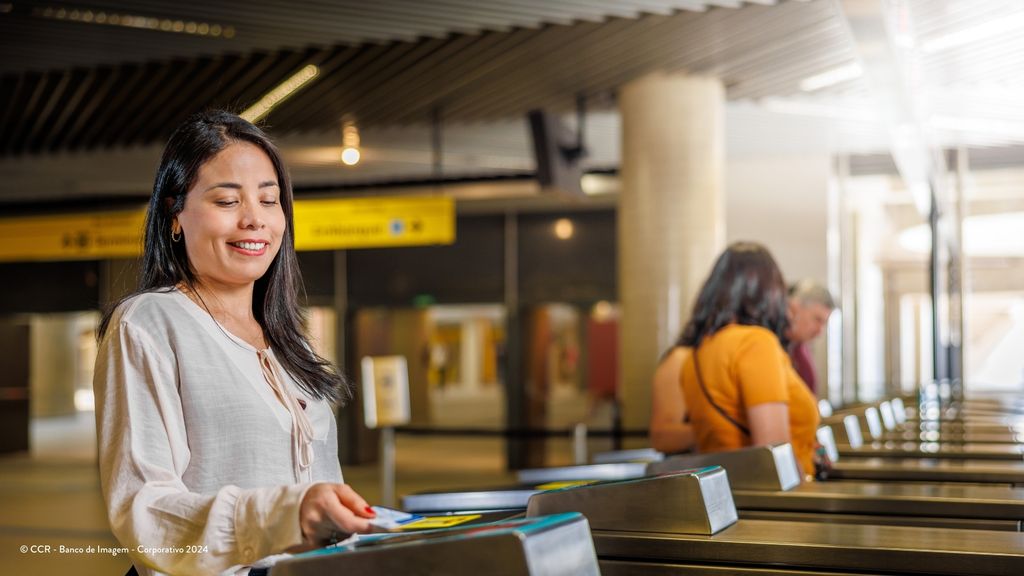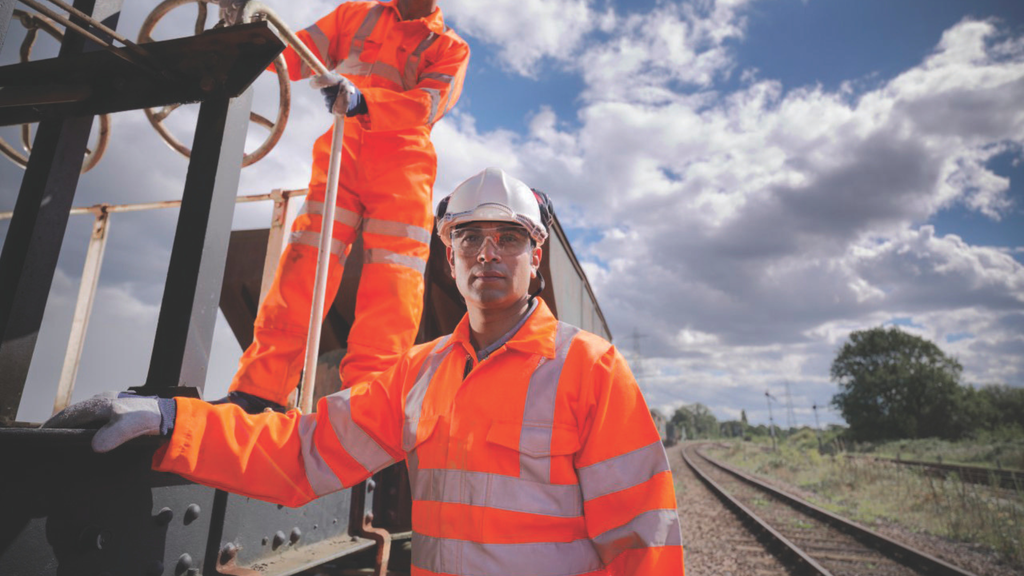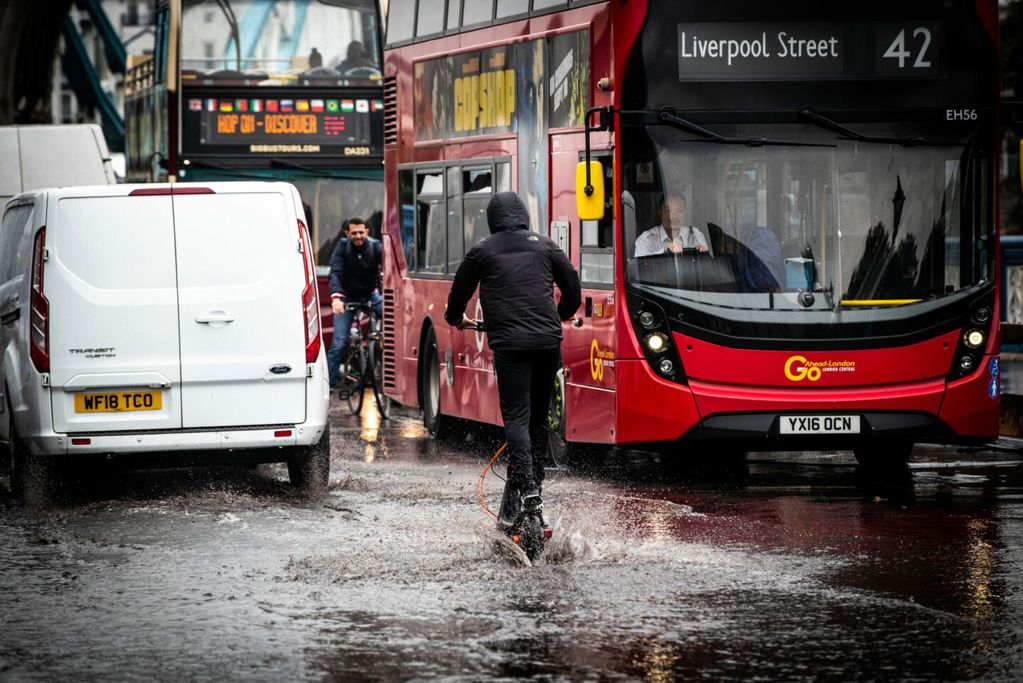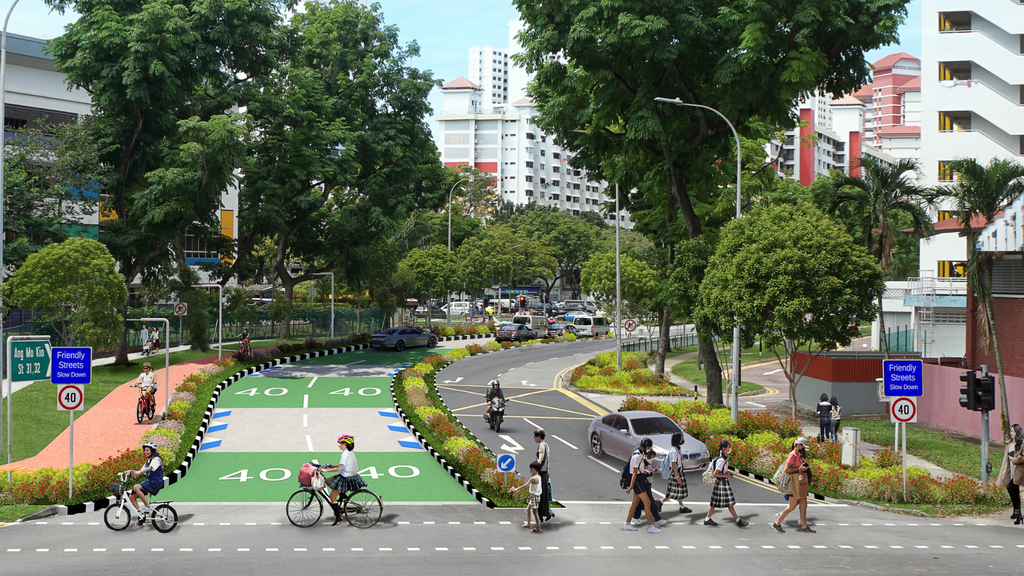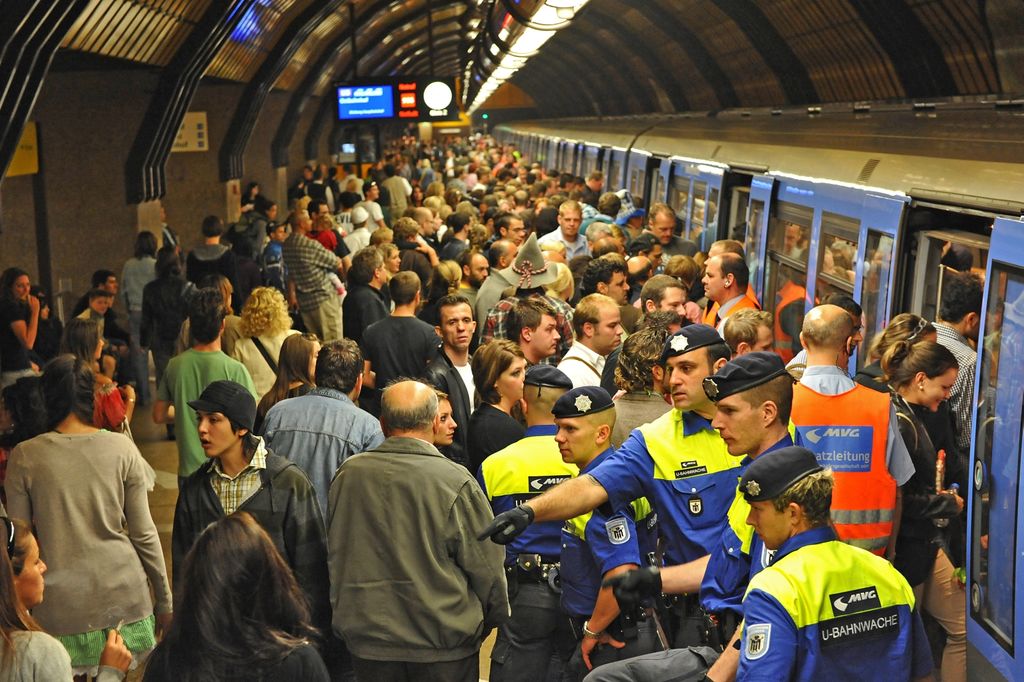
Let’s talk about resilience
Flooded streets in Europe and Asia, bush fires in Australia, record high temperatures in India, deteriorating energy security and a pandemic; crises are becoming more frequent and more extreme. To continue providing essential mobility in these situations, public transport must be ready and prepared.
Be it because of global warming, geopolitical conflict or global health, crises are bound to happen more often. In the case of extreme weather, their frequency and intensity will depend on how much the average temperature increases. But in any case, public transport will have to increase its resilience to keep functioning through crises and recover quickly.
In the 2021 ‘6th assessment report’ from the Intergovernmental Panel on Climate Change (IPCC), the correlation between climate change and extreme weather was discussed: “Human-induced climate change is already affecting many weather and climate extremes in every region across the globe. Evidence of observed changes in extremes such as heatwaves, heavy precipitation, droughts, and tropical cyclones has strengthened since AR5”, the report’s precursor from 2014.
Resilience in the cyber environment
And while headlines of natural disasters populate our social media feeds more and more, the threat of other types of disruptions is also growing. Not the least of those threats are related to security and cyber security. The public character and open nature of public transport means that safety and security of passengers are predominant factors in our sector.
Cyber attacks and incidents can have tremendous impacts on public transport services. Last March for example, Italy’s national railway company suffered a ransomware attack, which disrupted ticket sales at stations, passenger information screens and affected tablets used by railway staff. This led to a disruption of some trains and passengers not having access to travel information.
Even recent geopolitical events have had an impact on the resilience of public transport, with rising energy prices having a large impact on public transport. On the one hand, the cost of fuel can encourage more people to leave their car at home and travel by public transport. On the other hand, increased cost has a heavy financial impact on operators.



Why resilient public transport is vital for healthy and sustainable cities
Public transport will have to adapt and become more resilient to continue providing services through these events. Only then will public transport remain the backbone of sustainable (urban) mobility.
But what does it mean for public transport to be resilient? Resilience is the capacity to recover quickly from difficulties. In other words, how quickly can the sector adapt to change and bounce back to provide the services people have come to expect?
In a series of articles over the coming weeks UITP will dive into the topic of resilience. From case studies showcasing resilient public transport today to the innovations that will make the sector even more resilient tomorrow. We will investigate what mobility on land can learn from their colleagues at sea, and discover how public transport contributes to resilient cities.
But as Jeremy Yap, Deputy Chief Executive of LTA in Singapore said during the UITP Mobility Dialogue in 2021, ‘in our resilience strategies, we need to be mindful of what we are preparing for’. So we will also take the lessons from the public transport security and emergency preparedness programme to learn how to assess risk.
In short, we will investigate how public transport can remain the backbone of sustainable (urban) mobility.
The next chapter in resilience
exclusive resources



